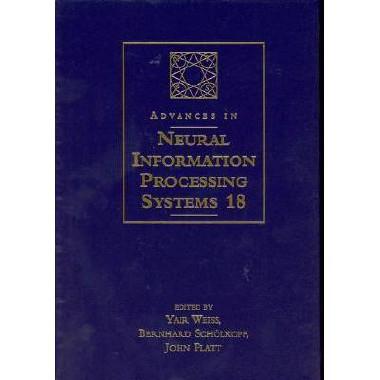Turning principles into practice is one of the most pressing challenges of artificial intelligence (AI) governance. In this article, we reflect on a novel governance initiative by one of the world's largest AI conferences. In 2020, the Conference on Neural Information Processing Systems (NeurIPS) introduced a requirement for submitting authors to include a statement on the broader societal impacts of their research. Drawing insights from similar governance initiatives, including institutional review boards (IRBs) and impact requirements for funding applications, we investigate the risks, challenges and potential benefits of such an initiative. Among the challenges, we list a lack of recognised best practice and procedural transparency, researcher opportunity costs, institutional and social pressures, cognitive biases, and the inherently difficult nature of the task. The potential benefits, on the other hand, include improved anticipation and identification of impacts, better communication with policy and governance experts, and a general strengthening of the norms around responsible research. To maximise the chance of success, we recommend measures to increase transparency, improve guidance, create incentives to engage earnestly with the process, and facilitate public deliberation on the requirement's merits and future. Perhaps the most important contribution from this analysis are the insights we can gain regarding effective community-based governance and the role and responsibility of the AI research community more broadly.
翻译:将原则转化为实践是人工智能(AI)治理的最紧迫挑战之一。在本条中,我们思考了世界最大的AI会议之一的一项创新治理举措。2020年,神经信息处理系统会议(NeurIPS)提出要求提交作者列入关于其研究的更广泛社会影响的声明。从类似治理举措,包括机构审查委员会(IRB)和供资应用的影响要求等类似治理举措中得到的深刻见解,我们调查了此类举措的风险、挑战和潜在好处。在挑战中,我们列举了缺乏公认的最佳做法和程序透明度、研究人员机会成本、体制和社会压力、认知偏见以及任务固有的困难性质。另一方面,潜在好处包括:改进预测和确定影响,与政策和治理专家进行更好的沟通,以及普遍加强关于负责任研究的规范。为尽量扩大成功机会,我们建议了提高透明度、改进指导、创造奖励措施,以便认真参与这一进程,并促进公众对要求的优缺点和未来的思考。也许这一分析的最重要贡献是我们对有效的社区治理以及社区作用的广泛认识。





